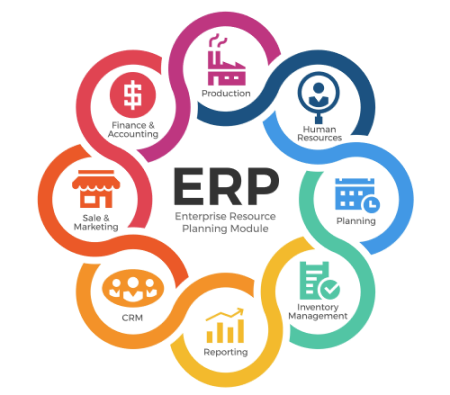Everything There Is to Know About Oracle Compliance

Oracle compliance is a term that refers to the legal requirements that companies have to follow in order to operate legally. These regulations vary depending on where the company operates, but they are generally broken down into three categories: anti-money laundering (AML), know your customer (KYC) and general record keeping.
Anti-Money Laundering (AML)
The first step towards becoming compliant with AML laws is to understand what these laws actually mean. In simple terms, AML laws prevent money from being used to fund criminal activity. To do this, the government requires financial institutions to report any transactions over $10,000. If a business does not comply with this law, then it could face severe penalties including jail time and fines.
Know Your Customer (KYC)
KYC laws require businesses to verify their customers’ identities before doing business with them. KYC laws were put in place to make sure that criminals cannot use legitimate businesses to launder money. Businesses are expected to keep records of their customers for at least six years after the transaction took place. If a business fails to meet this requirement, then it may face serious consequences including fines and even closure.
General Record Keeping Laws
These laws require businesses to maintain certain types of records for a minimum amount of time. Depending on the type of business, these records may include things like purchase orders, invoices, employee information, and inventory. Failure to properly document these records can result in heavy fines and even closure.
Oracle compliance is a term that describes how companies use software applications to manage their business processes. These processes are often regulated by government agencies, and therefore, they need to ensure that these systems are compliant with regulations. In order to do this, they have to make sure that the software meets certain requirements.
The first step towards making sure that your company’s software is compliant is to understand what the regulations are. You may not know exactly what they are, but you should at least have some idea of what they entail. Once you have an understanding of the regulations, you can then start looking for ways to make your software comply.
There are many different types of regulations that apply to businesses. Some of them are specific to certain industries, while others are applicable to all businesses. Regardless of whether you’re working in the financial sector, healthcare industry, or any other type of business, there are always going to be rules and regulations that you need to follow.
One of the best ways to make sure that your software is compliant is to hire a consultant who specializes in Oracle compliance. A consultant can help you figure out what the regulations are and how they affect your software. They can also advise you on how to make your software compliant.
If you don’t want to spend money hiring a consultant, you can still learn about Oracle compliance yourself. One way to do this is by reading articles online. By doing this, you’ll get a good understanding of what the regulations are and what they require. You can also read books written by consultants who specialize in Oracle compliance. Reading these books will give you a great insight into what the regulations are and will help you determine if your software is compliant.
Once you’ve determined that your software is compliant, you can rest assured knowing that you’re following the rules. If you ever find that your software isn’t compliant, you can easily fix the problem. All you have to do is contact a consultant who specializes in fixing Oracle compliance issues.




